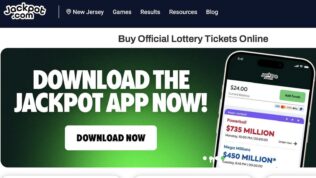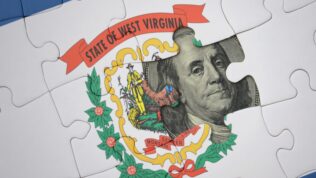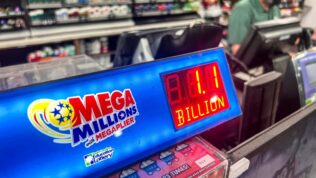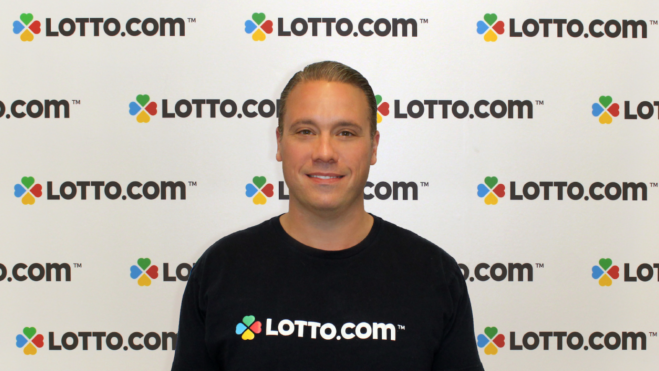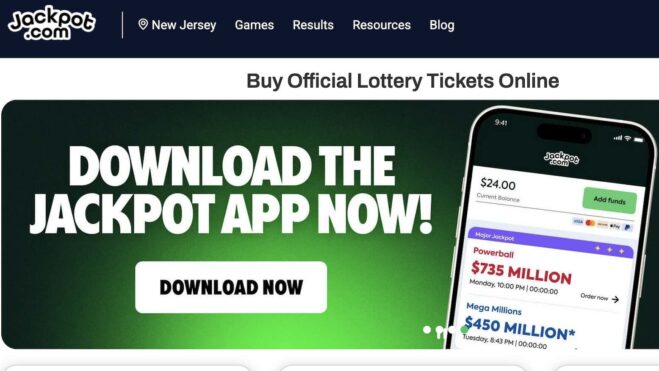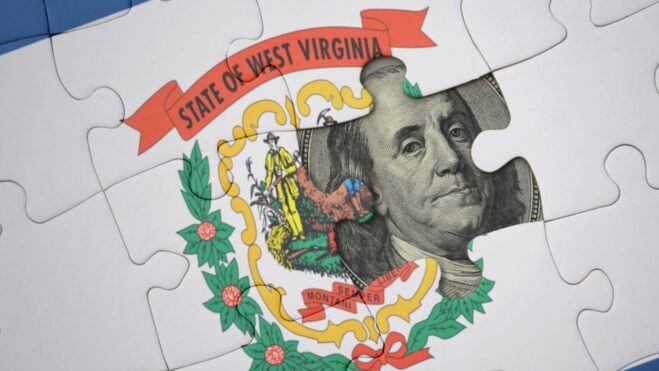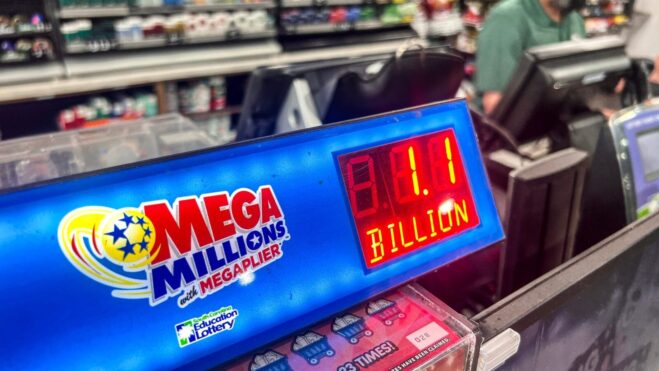Why Small Charitable Gaming Purchase Is Big For Pollard Banknote Limited
Pollard acquired Pacific Gaming, part of the charitable gaming space — which produces serious money
3 min

A recent acquisition in the lottery space isn’t generating a ton of buzz, but it could have a very real and very positive impact for Pollard Banknote Limited.
At the end of last week, the lottery gaming and solutions company announced it had purchased Pacific Gaming, a leader in the charitable bingo market, for $10 million. Financially speaking, it’s a relatively small acquisition for a company whose main platform is lottery, not charitable gaming.
But peel back the layers just a bit and it becomes clear why this is a smart move for Pollard Banknote — both now and in the future.
You think people spend a lot on sports betting?
Charitable gaming involves nonprofit-run games of chance or skill to raise funds, regulated by state or local governments.
The name “charitable gaming” makes it sound like a Mom-and-Pop operation with $10 bingo cards at your local senior citizen center. That’s not the case. There’s lots of money involved.
American nonprofits are experts at pulling in mountains of money via fundraising.
According to the National Philanthropic Trust, nonprofits in the U.S. fundraised $557.16 billion in 2023. And in 2022, the average “high net worth” household donated $34,917 to nonprofits. For comparison: Americans wagered $149.6 billion on sports betting in 2023, and per Investopedia, the average U.S. household spends about $1,100 annually on sports betting.
A 2020 survey from OneCause found American nonprofits were increasingly turning to virtual options for fundraising, and 62% of them thought those efforts were successful. A 2020 report from Nonprofit Tech for Good found that, in the U.S., online raffles and sweepstakes are the most popular form of charitable giving, with participation rates twice as high as those for online charity auctions, the second most common method.
In 2018, charitable bingo, alone, generated $812.4 million in total gross receipts in Texas, per the Texas Lottery Commission.
Overall, according to data from the National Association of Fundraising Ticket Manufacturers, the charitable gaming market generated $7.2 billion in revenue in 2019 — and 63% of that came from bingo.
Just look at Light & Wonder
So, if there’s a way for gambling companies to get as big of a chunk from the charitable gaming pie — and, specifically, bingo — as possible, it’s smart to do so.
Why else do you think gaming giant Light & Wonder just acquired charitable gaming business Grover Gaming in a $1 billion deal? Financial analysts applauded the move in their various notes and reactions to the acquisition.
In the company’s Q4 2024 earnings call last month, CEO Matthew Wilson highlighted the Grover Gaming acquisition as a key reason for investors to be excited in 2025.
“[Charitable gaming] is a compelling market with high barriers to entry, providing a formidable competitive advantage while benefiting worthy,” he said. “Grover has an attractive recurring revenue model with a loyal and sticky customer base that is core to our strategy.”
Pollard Banknote had a presence in charitable gaming before its Pacific Gaming acquisition. An arm of its company is dedicated to charitable gaming — called Pollard Charitable Games Group.
Pacific Gaming will join that group, alongside other vendors in American Games, International Gamco, Diamond Game, and CJ Venne.
“This acquisition continues Pollard Banknote’s commitment to growing our presence in the important charitable gaming market and strengthening our leadership role as the partner of choice for charities throughout the U.S. and around the world,” said John Pollard, co-CEO of Pollard Banknote, in a release. “We are extremely pleased to have the Pacific team join us, and we look forward to continued success in expanding our reach within the bingo market.”
Smart move for lottery dark horse
IGT and Light & Wonder (formerly Scientific Games) are the biggest names, but Pollard Banknote is seen as somewhat of a dark horse in the lottery industry.
It recently partnered with Kansas to provide its online lottery platform, which launched in February just 10 months after the process began, which Pollard Banknote boasted was “the fastest implementation of a full iLottery program in U.S. history.”
Before that, it also had its hands in the iLottery space via NeoPollard, its partnership with NeoGaming. NeoPollard provides online lottery technology for Michigan, Virginia, West Virginia, North Carolina, and New Hampshire.
In addition, Pollard Banknote has a longstanding established presence in the retail lottery space. Beyond having its games distributed in states across the country, it also recently extended its agreement as the 90% provider of instant tickets for the Michigan Lottery.
So, why continue to grow in the charitable gaming space, too?
Beyond the revenue reasons discussed above, there are also other factors to consider:
- Growing access to new customer base: Charitable bingo vendors work with organizations that may not typically interact with lottery operators. This gives Pollard Banknote access to potential new clients and revenue opportunities.
- The more technology, the merrier: Acquiring Pacific Gaming gives Pollard Banknote access to any of its proprietary software and technology.
- Diversifying revenue streams: It’s always smart to collect water from multiple wells. In case lottery money ever dries out, charitable gaming will be there.
“Pacific has long been a leader in electronic bingo solutions and we’re excited to have them join our charitable games group,” said Steven Fingold, Pollard Banknote’s executive vice president, via a press release. “This acquisition further highlight’s Pollard Banknote’s ongoing commitment to the charitable gaming market and our focus on expanding our leadership role through both organic growth and key acquisitions.”



